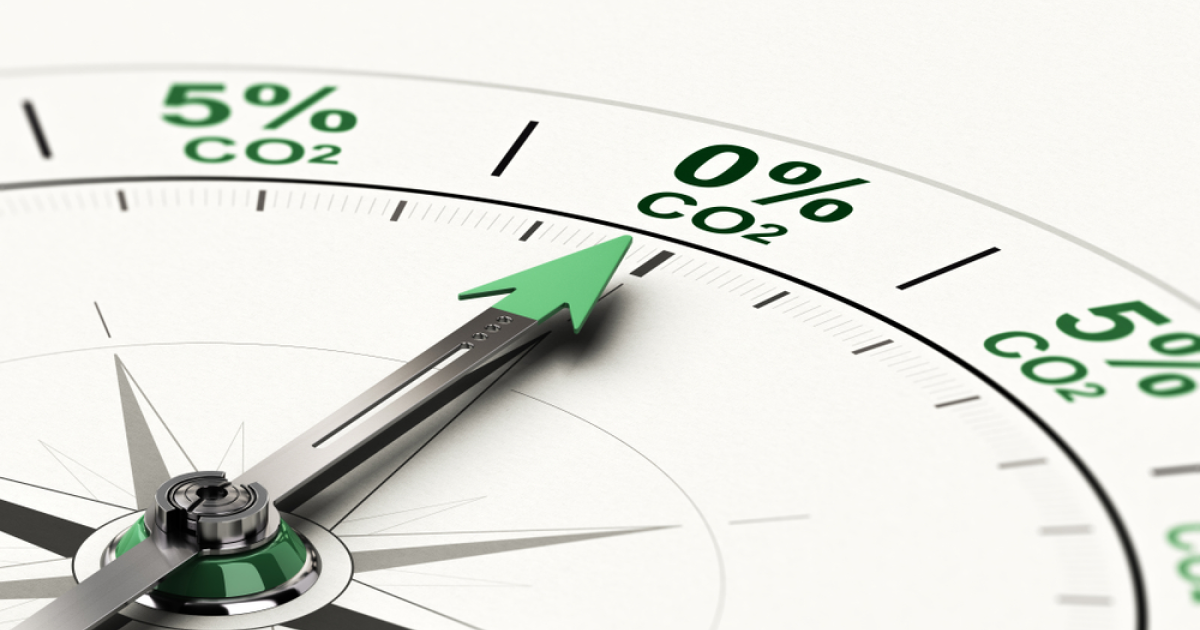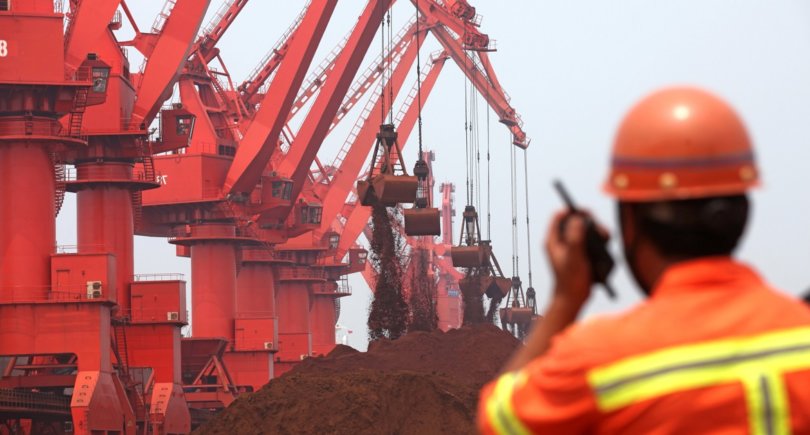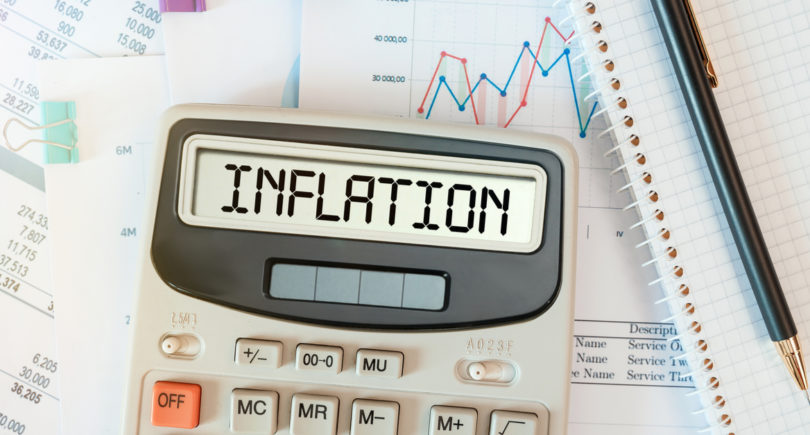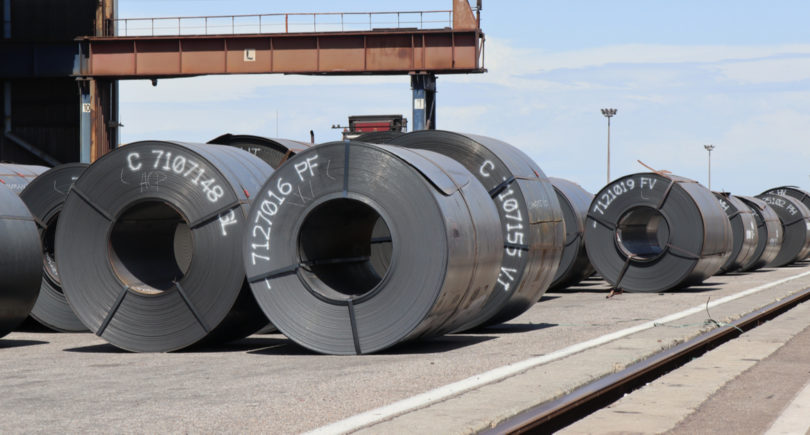
News Global Market CBAM 1168 06 November 2023
CISA called for further negotiations with the EU on climate issues
The EU’s proposed CBAM creates a new trade barrier for Chinese exports. This was announced by the China Iron and Steel Association (CISA), informs Reuters.
The organization called for further negotiations with the bloc to resolve climate issues.
«The EU’s unilateral creation of CBAM is essentially a new trade barrier created under the auspices of low-carbon technologies,» CISA said in a comment to Reuters.
The association believes that the mechanism does not take into account the difference in the stages of development of different countries and contradicts the principle of «common but differentiated responsibility».
«Once other countries adopt reciprocal and similar trade protection measures to protect their interests, this will lead to higher trade costs and increased risks of trade disputes,» CISA said.
The association expressed hope that the EU will consider the cost and operational problems that will arise for European steel consumers due to the change in the structure of imports. It is also hoped that the bloc will interact more actively with all stakeholders to jointly solve climate problems.
CBAM will pose a challenge for China, the world’s largest steel exporter, as local production remains more carbon-intensive than in the EU. The mechanism entered into force in October 2023 with a transition period until the end of 2025. During this period, importers will only be required to submit reports. From January 1, 2026, there will be financial obligations for importers: they will be able to import goods into the EU only through an authorized CBAM declarant, who will register the supply in the relevant registers.
CBAM aims to put EU producers and foreign competitors on a level playing field to prevent European production from moving to regions with less stringent environmental regulations.
However, it will also increase the cost of steel products supplied to the EU, weakening China’s price competitiveness. The mechanism is likely to increase the country’s export costs for steel products by 4-6%, the association’s vice-chairman Jiang Wei said at the end of October.
As GMK Center reported earlier, China called on the EU to ensure compliance of new CBAM to the rules of the World Trade Organization and not to go beyond the agreed policy of global green trade. According to the spokesperson of the Chinese Commerce Department, within the framework of the WTO, the country is ready to work with all parties to promote a multilateral discussion on environmental trade.




